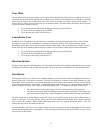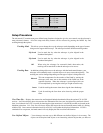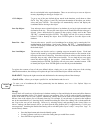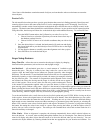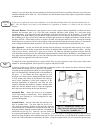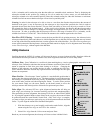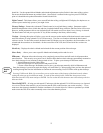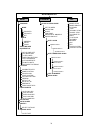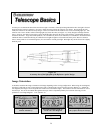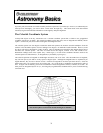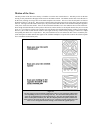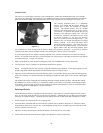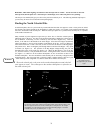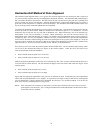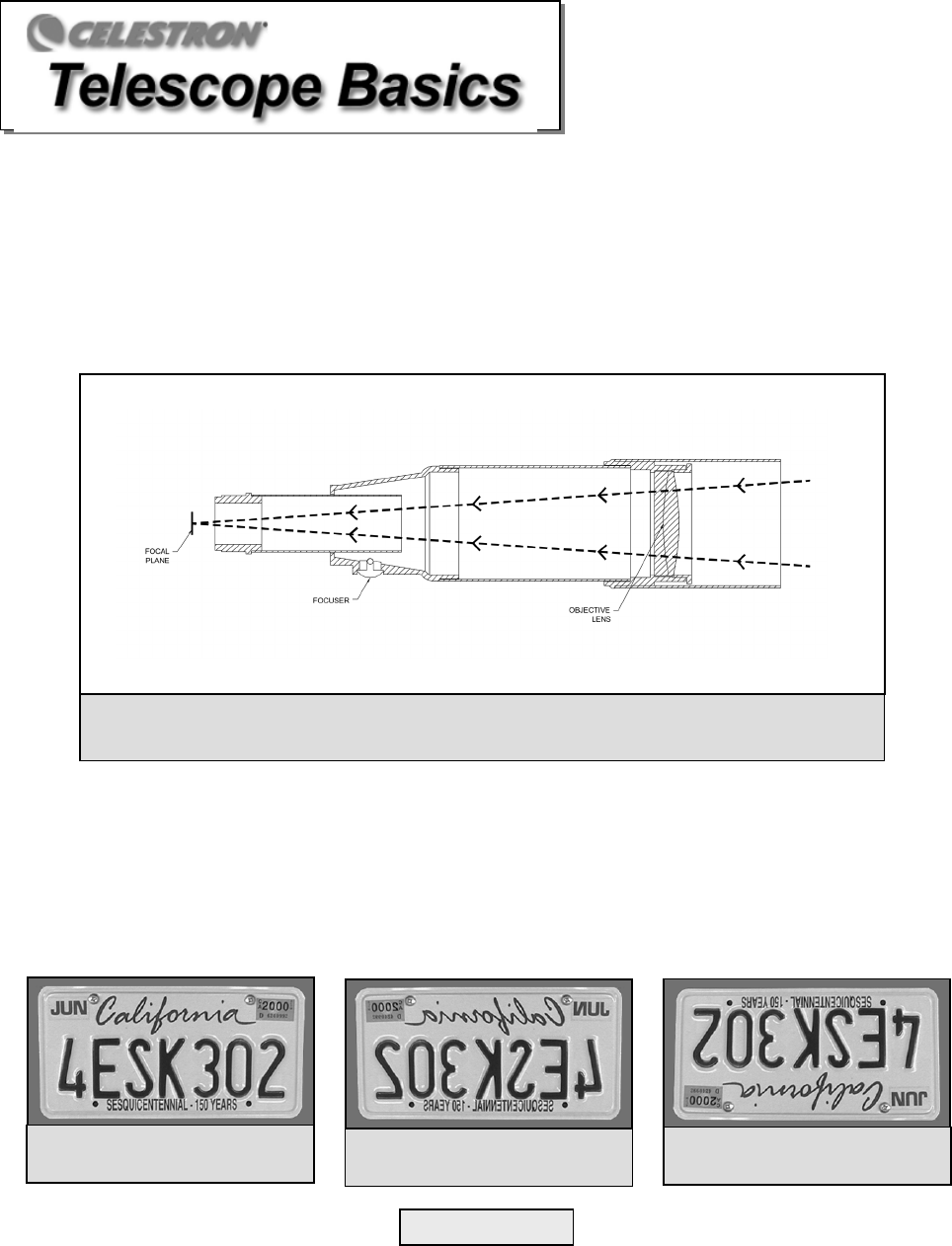
29
Actual image orientation as seen
with the unaided eye
Inverted image, as viewed with
the eyepiece directly in telescope
Reversed from left to right, as
viewed with a Star Diagonal
A telescope is an instrument that collects and focuses light. The nature of the optical design determines how the light is focused.
Some telescopes, known as refractors, use lenses. Other telescopes, known as reflectors, use mirrors. Developed in the early
1600s, the refractor is the oldest telescope design. It derives its name from the method it uses to focus incoming light rays. The
refractor uses a lens to bend or refract incoming light rays, hence the name (see Figure 4-1). Early designs used single element
lenses. However, the single lens acts like a prism and breaks light down into the colors of the rainbow, a phenomenon known as
chromatic aberration. To get around this problem, a two-element lens, known as an achromat, was introduced. Each element has
a different index of refraction allowing two different wavelengths of light to be focused at the same point. Most two-element
lenses, usually made of crown and flint glasses, are corrected for red and green light. Blue light may still be focused at a slightly
different point.
Image Orientation
It should be noted that the image orientation will change depending on the viewing configuration. When using the star diagonal,
the image is right-side-up, but reversed from left-to-right. If inserting the eyepiece into the accessory adapter (i.e., without the
star diagonal), the image is inverted (upside down and reversed from left-to-right). This holds true for the 9x50 finder as well as
the telescope. For correct orientation through the telescope, which is important primarily for terrestrial observing, use the
optional 45° erect image diagonal 1-1/4" (#94112-A).
Fi
g
ure 4-2
Figure 4-1
A
A
c
c
u
u
t
t
a
a
w
w
a
a
y
y
v
v
i
i
e
e
w
w
o
o
f
f
t
t
h
h
e
e
l
l
i
i
g
g
h
h
t
t
p
p
a
a
t
t
h
h
o
o
f
f
t
t
h
h
e
e
R
R
e
e
f
f
r
r
a
a
c
c
t
t
o
o
r
r
o
o
p
p
t
t
i
i
c
c
a
a
l
l
d
d
e
e
s
s
i
i
g
g
n
n



